Two school pals from Inverness with fond memories of playing in the Highland League enjoyed an August catch-up, fresh from living for decades in South Africa and Australia.
Alan MacLaren and Brian McBey, both 69, left the north of Scotland in the early 1980s and have had many memorable moments on and off the pitch thousands of miles from home.
These included one playing with England’s World Cup-winning captain, the late Bobby Moore, the other leading a side to become the best amateur club in South Africa.
That was a period when several players from the Highlands opted to emigrate, with minimal job opportunities in sharp contrast to what lay on the other side of a long-haul flight.
Brian was on a short visit back to Inverness and he returns to Pietermaritzburg, just north of Durban this weekend, while Alan is back for good.
Crown Thistle glory before Jags days
The pair, whose friendship kicked off at Inverness Royal Academy, played together with the successful Under-18 Youth League side, Crown Thistle, which won the league and two cups in 1970.
Last week, they caught up with many former friends, including ex-team-mates and opponents, at the latest monthly Football Memories meeting, held at the Caledonian Stadium.
This is a regular chance for older members of the community to get together and reflect on footballing highs and lows. Here, we caught up with Alan and Brian, who shared some of their stories.
Alan, who is the brother-in-law of ICT legend Charlie Christie and uncle of Bournemouth and Scotland star Ryan, won league titles with Inverness Thistle and Clach and played for Ross County before opting to move to the other side of the world.
Willie Wallace sold me Aussie dream
He revealed his path to Perth in western Australia began when ex-Celtic and Lisbon Lion star Willie Wallace had a short stint in the late 1970s managing Ross County.
He said: “Prime Minister Maggie Thatcher was ruling the roost at the time and job opportunities were not great.
“One of the things that spurred me on was Willie Wallace of Celtic came in as the manager at Ross County. I knew he’d been in Australia before.
“He was telling us all about it, how great it was – including the weather. He said the footballing environment was so relaxed. It put a seed in my head and really appealed to me.
“We also had friends from Inverness Thistle who had moved to Australia three or four years previously. They never came back and never regretted it.
“I just wanted a change and my 10 years in the Highland League was completed. Off we went in 1980.
“I went to Melbourne first. I got in touch with Willie Wallace, who told me he’d been fired. Then I moved to Perth and played there.
“I was a structural engineer, so there was a lot of work. The standard of living was much higher. You had much more disposal income. At the end of the week, you could buy a telly or a suite.”
Short-term team-mate Bobby Moore
Mostly a midfielder throughout his career, Alan, who won a title as team captain in the late 1980s with Sorrento, will never forget being team-mates for a short spell with Bobby Moore at Inglewood Kiev (which is now called Inglewood United).
Alan said: “Bobby Moore, who had played for West Ham and Fulham, went on a world tour guesting for different teams.
“The club forked out something like £10,000 to get him in the early 1980s. He played just three games.
“Bobby was in his late 30s when he came in to join us and we when we were top of the league. When he left, we were beaten by an Italian team.
“Bobby was great to play with. He was such an ordinary bloke. He played sweeper, so probably picked his tackles.
“And he was still fit and was a pretty big guy. You were looking up at him when you were standing next to him. He didn’t look too big when you saw him on TV.
“He was a lovely bloke, really social and good company. And he enjoyed the craic after games.
“He’d get the usual stick about bracelets (having been cleared of stealing an emerald bracelet in Colombia in 1970), but he told people to stop it unless they were going to come up with something original. We all had a laugh with him.
“Playing with Bobby Moore was the highlight of my time with Kiev. There were experiences we’d never have got had we stayed in the Highland League.”
Best days were winning with Clach
Former centre half Brian was a title-winner with Inverness Thistle, who then put football on ice while he studied engineering at university in Dundee.
Lossiemouth signed him to replace Aberdeen star Ally Shewan and was the launchpad for a top playing career.
He said: “I had four or five years with Lossie then Clach signed me, which was a great thing for me.
“These were the best days. While I’ve been over, I’ve met up Don Cowie and Brian Mackay – it was a great time to play football with Clach.
“Since I have been back over, I see I still have the contract here from when I signed for Clach. I had never read it.”
Caledonian interest before big move
Like fellow engineer Alan, job prospects were far rosier abroad and Brian explained he took the leap of faith while a rival Highland League club wanted him to sign for them.
He said: “I moved away because work wasn’t so good. There was an advert, looking for engineers in South Africa, and I felt it was a good time to try it.
“It was a great opportunity. I went over there for two years, and it has turned into 42 years.
“At that point, I had finished with Clach and Willie Hunter (Caley manager) was looking for a centre-half and I had a meeting with him where I told him honestly, I had this chance of going to South Africa.
“He was very good about it. He actually had a friend running a team in Durban and he was going to put a word in for me. That never materialised but it was nice of him to offer that in the first place.”
Savages FC were a ‘pioneer’ club
Brian, whose company helped construct a new stadium for the 2010 World Cup in Durban, has just completed his third spell as chairman at Savages FC, a club with UK roots.
He said: “It’s all amateur football with no payments and solely based on volunteers. All the money we have comes in through sponsorship and fundraising.
“There is a list of pioneer clubs in the world and Savages are ninth on that overall list. Sheffield FC were the first registered club in the UK, for example.
“It was formed by the army, from guys who had come over from the UK in the Boer War. The English and Scots got together to form the team.
“Maybe they were trying to pull people’s legs by calling it Savages, but it stuck throughout the years.
“I have been captain, player and player/manager. A problem with my heart in 1990 meant I stopped playing, but I became the player/manager once my heart fixed itself.
“We won the league title twice, in 1991 and 1992 and were Champions of Champions Trophy winners at that point too.”
On bench for top amateur triumph
And such success didn’t stop there as Savages soared to be the undisputed best amateur team in South Africa.
Brian said: “There was an amateur competition in South Africa called the Smirnoff Championship.
“It involved all the amateur teams in the country. They did it provincially firstly. I was player/manager and we won all the games we had to play.
“We then went to Johannesburg to play in the play-offs and we won that, so we were the top amateur team in the entire country in 1994. I was on the bench (in the play-off), but I was the manager at the same time.”
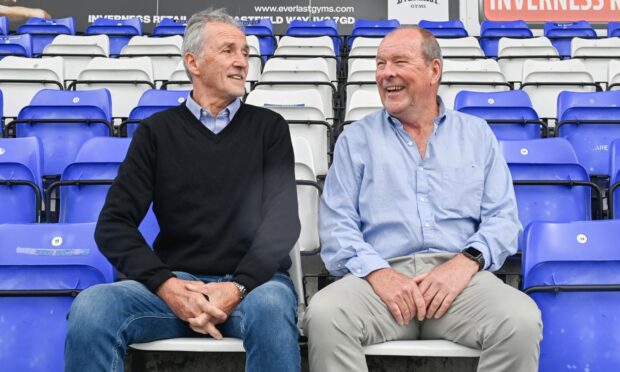
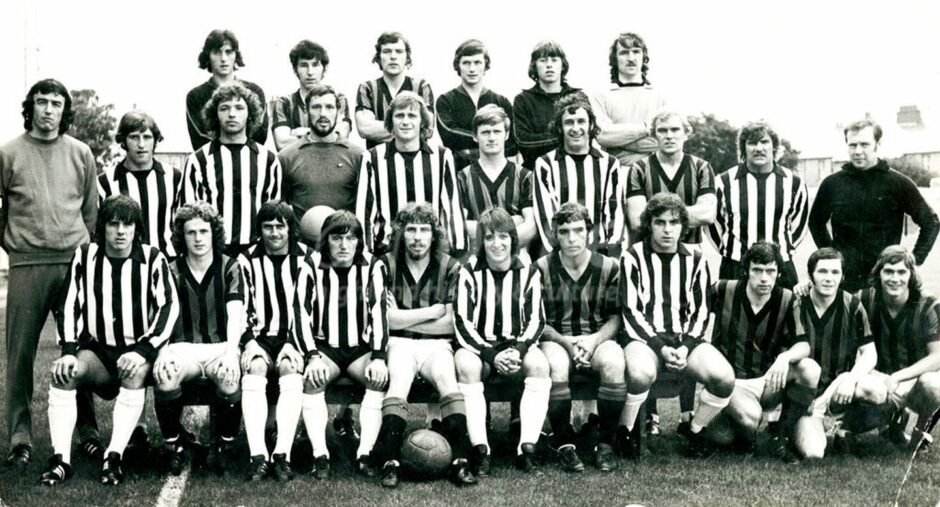



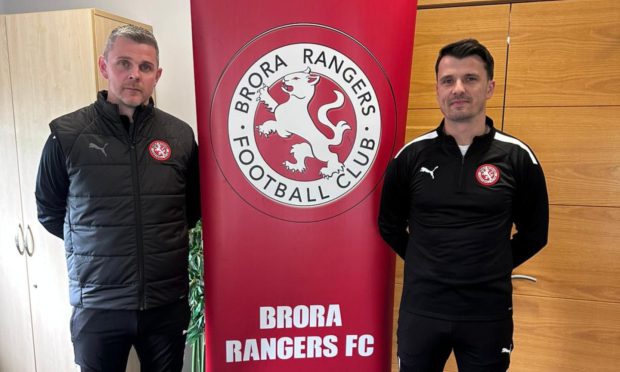
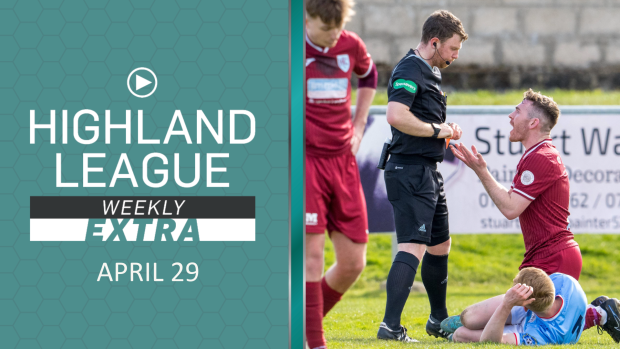
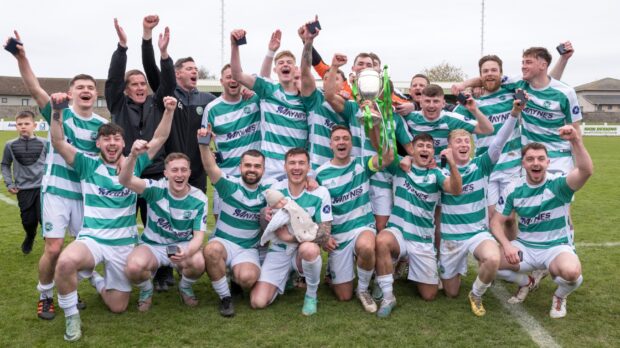
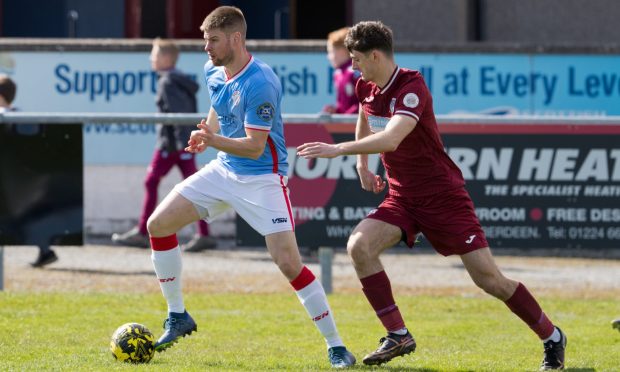
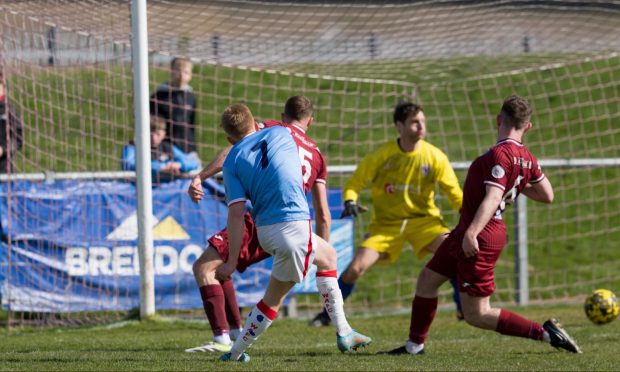
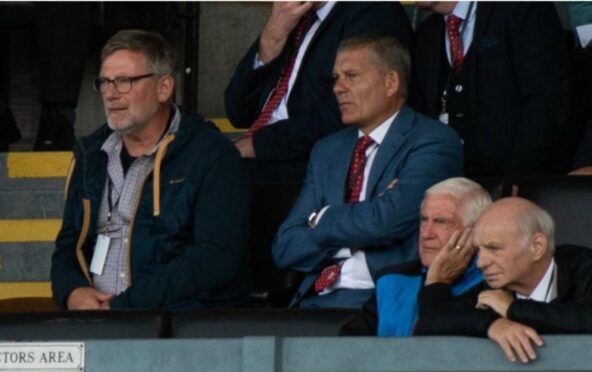
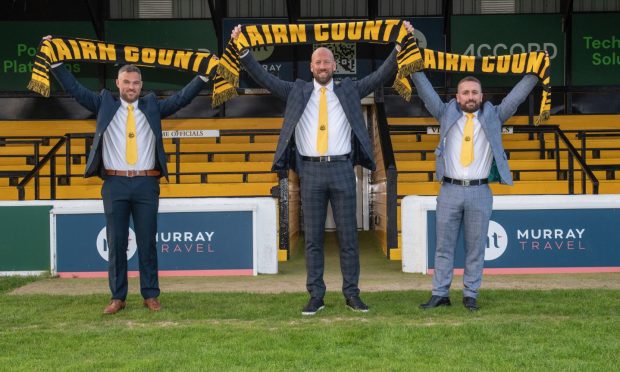
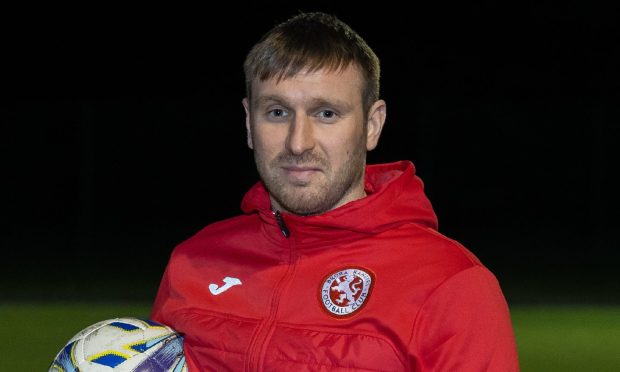
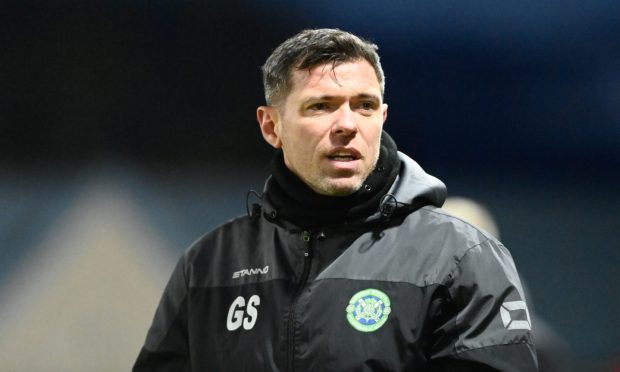
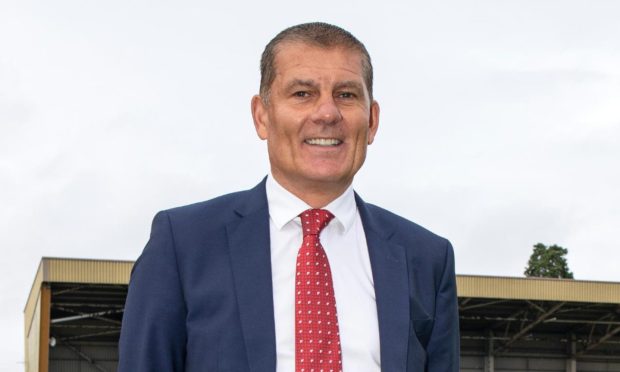
Conversation